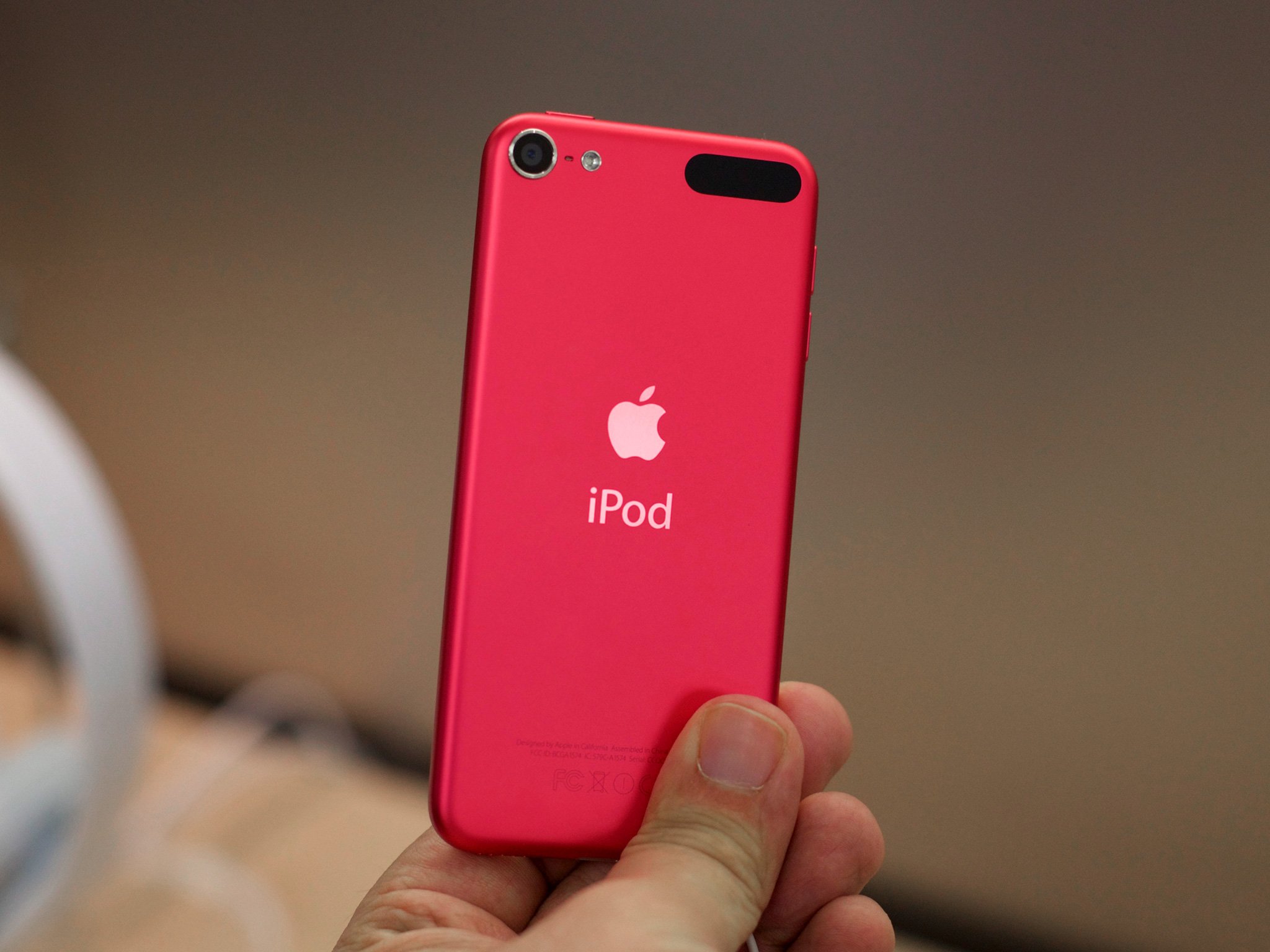

- Comparing ipod touch prices android#
- Comparing ipod touch prices Pc#
- Comparing ipod touch prices mac#
Plus, Apple is a marvel of operational efficiency. but flash storage is the most volatile, and the one where Apple has declared itself the number-one buyer in the world. They also enjoy volume purchasing advantages with other components - touchscreen LCDs, wireless networking chipsets, etc. They get better prices and priority availability from suppliers.
Comparing ipod touch prices Pc#
So what’s the difference between these devices and the PC industry? A few things, and they all work in Apple’s favor.įirst, Apple is the world’s leading volume buyer of a precious, expensive component: flash storage. Across all of them, Apple’s prices are either comparable to, or lower than, their competition. Given that Verizon is selling the Galaxy Tab for $599 - just $30 less than the equivalent iPad - my money goes to Jobs’s explanation. Steve Jobs, making an appearance on Apple’s most-recent quarterly financial analyst call, said it’s because 7-inch displays are cheaper, and no one else can afford to match the iPad’s price with a comparably sized touchscreen display.

They say it’s because they think that’s a better size. The first batch of competing tablets are coming with 7-inch displays. (I also suspect that the relatively low price of the iPod Touch suggests that Apple could afford to charge much less for unsubsidized iPhones.) I suspect the main reason is that no other handset maker can afford to make one.
Comparing ipod touch prices android#
Three years and 30 or 40 million iPod Touch sales later, there remains no such Android device. I would love to buy a $229 Android device that’s the equivalent of the iPod Touch - i.e., something pretty much just like a high-end Android phone but without the phone (and without the contract). The best example of Apple’s price advantage, though, is the iPod Touch. You can find cheaper ones, but not by much. Nine years later and the iPod is still the best-selling digital audio player in the world, by a long shot. Now consider traditional (pre-Touch) iPods. A carrier that wants some good Android handsets can play HTC, Samsung, LG, Motorola, and whoever else against each other.) A carrier that wants the iPhone has one option: negotiate with Apple. (I’d argue that the lower subsidized prices of many Android phones compared to the iPhone is really about the handset makers’ relative bargaining position against the carriers. The unsubsidized prices make clear, though, that they aren’t undercutting the iPhone on real prices. Those subsidized discounts are about the commodity nature of the Android platform, and the cut-throat competition between competing Android handset makers. With a new two-year Verizon contract, it’s free. The HTC Droid Incredible, with no contract, costs $530 at Amazon. There are buy-one-get-one-free deals for many Android handsets there are no such deals for iPhones. Now, there are some differences when you take subsidized pricing into account.

Google’s Nexus One, while they were selling it, cost $529. The Samsung Galaxy S - a decent choice for the current “Best Android Phone on the Market” title (check back next week, though) - costs about $600 unlocked from Amazon, and has only 8 GB of built-in storage. These prices compare quite well to the competition. But when you look at unsubsidized phone pricing - see the small print at the bottom of Apple’s iPhone comparison page - you can see the real prices: $599/$699 for the 16/32 GB models, respectively. When you buy an iPhone 4 for $199 from AT&T, you’re not really buying it for $199, because you’re agreeing to an expensive two-year service contract. Phones are a funny business because of subsidized pricing.

I’ll get back to PCs, but for now, let’s consider only consumer electronics: iPods, iPhones, and iPads. It’s fair to argue that a typical PC costs significantly less than a typical Mac.
Comparing ipod touch prices mac#
The switch to Intel processors has largely made the Mac price competitive with PCs, comparing comparable hardware, but the vast majority of PCs sold are not comparable to Macs in terms of hardware quality and design. Putting quality aside, competitors can’t match Apple’s prices. Used toīe the knock against Apple was their kit was overpriced. Today’s Apple has turned the pricing story on its head. Now we knowīecause Android tablets and other rival tablets can’t hang on When Apple CEO Steve Jobs launched the iPad it wasn’t clear howĪggressively these newfangled devices were priced. Apple’s Pricing Advantage Tuesday, 9 November 2010Įarlier this week I linked to this piece by Larry Dignan on tablet pricing.


 0 kommentar(er)
0 kommentar(er)
